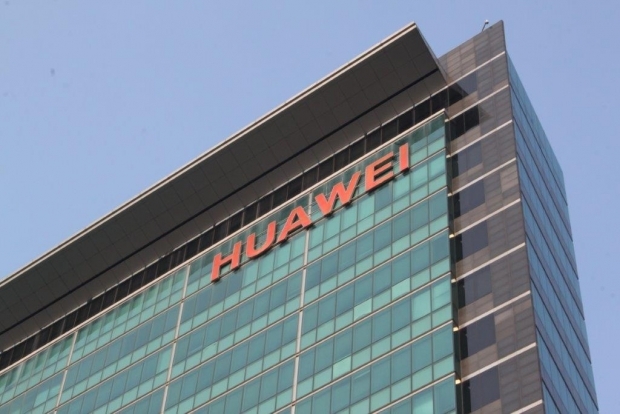An analysis of travel disclosure registers by an Australian think tank follows a call by several politicians for Huawei to be banned from participating in a roll out of Australia’s 5G next-generation communications network, amid fears the company is effectively controlled by the Chinese government.
Australia is preparing to pass laws designed to limit China’s influence in domestic affairs following criticism by Australian Prime Minister Malcolm Turnbull that Beijing was interfering.
The research from the Australian Strategic Policy Institute (ASPI) found Huawei paid for 12 trips by Australian federal politicians to the company’s headquarters in Shenzhen, including business class flights, local travel, accommodation and meals, between 2010 and this year, based on politicians’ disclosures.
Politicians who took those trips include Foreign Minister Julie Bishop, Trade Minister Steve Ciobo and former Trade Minister Andrew Robb. Huawei accounted for 12 out of 55 corporate-sponsored trips by federal politicians, the ASPI research found.
Iron ore miner Fortescue Metals Group (FMG.AX) was the second largest corporate sponsor, paying for five trips, according to the research, but that is to be expected – the mining companies have huge political clout in Oz.
Huawei denies it is controlled by the Chinese government, is the world’s largest maker of telecommunications network equipment and the number three smartphone supplier. It has already been virtually shut out of the giant US market because of national security concerns.
Huawei’s Australian spokesman, Jeremy Mitchell, said the company was not doing anything improper.
“We openly invite media, business, think tanks and politicians to visit us and understand us better,” Mitchell told the Australian Broadcasting Corp (ABC), which first reported the story.
Three of the politicians who travelled on a Huawei-sponsored trip told the ABC the trips were all-expenses paid study tours to see China’s technological growth.




